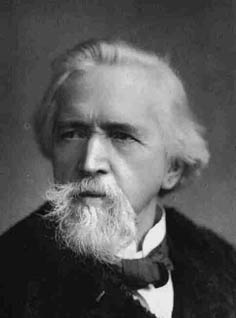A Quote by Paul Klee
Related Quotes
A poor man cannot rival the rich in luxury of life, but he can in luxury of knowledge. He cannot furnish his house as the wealthy can, but he can furnish his head. He cannot found a house of note, but he may found a mind of mark. Though some kingdoms may be adorned or afflicted with kings, learning has always been a republic, where all are equal who know.
Kelvin Gastelum, there's many ways I can classify his style. I like it. He's improved. One thing I can say is that he's improved over his run in the UFC from 'The Ultimate Fighter' and now being a contender. But his style? It's very Mexican. You have the Mexican style of boxing, and he has a Mexican style of MMA, like smart Mexican style.
The essence of a sound style is that it cannot be reduced to rules-that it is a living and breathing thing with something of the devilish in it-that it fits its proprietor tightly yet ever so loosely, as his skin fits him. It is, in fact, quite as seriously an integral part of him as that skin is. . . . In brief, a style is always the outward and visible symbol of a man, and cannot be anything else.
If anyone is unwilling to descend into himself, because this is too painful, he will remain superficial in his writing. . . If I perform to myself, then it’s this that the style expresses. And then the style cannot be my own. If you are unwilling to know what you are, your writing is a form of deceit.
To translate, one must have a style of his own, for the translation will have no rhythm or nuance, which come from the process of artistically thinking through and molding the sentences; they cannot be reconstituted by piecemeal imitation. The problem of translation is to retreat to a simpler tenor of one’s own style and creatively adjust this to one’s author.
He who has attained the freedom of reason to any extent cannot, for a long time, regard himself otherwise than as a wanderer on the face of the earth - and not even as a traveler towards a final goal, for there is no such thing. But he certainly wants to observe and keep his eyes open to whatever actually happens in the world; therefore he cannot attach his heart too firmly to anything individual; he must have in himself something wandering that takes pleasure in change and transitoriness.







































